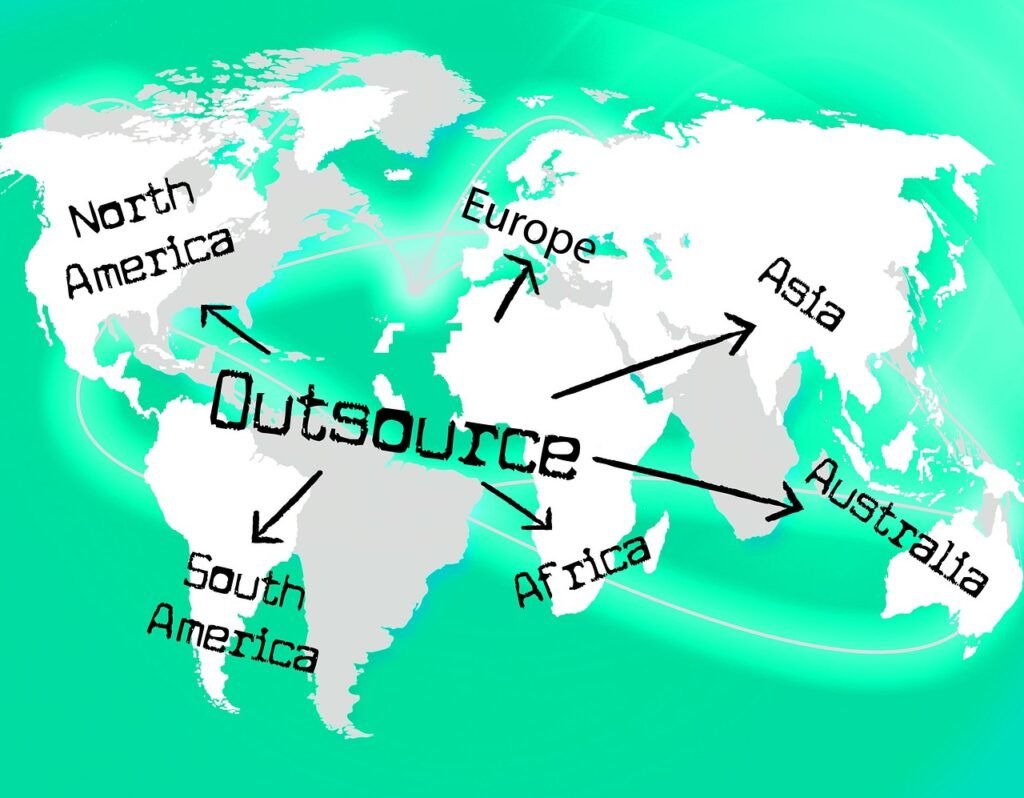
Meeting quality specification is one of the challenges of outsourcing production to third party, especially across international borders. However, inspection firms have started to build-up synergies with importers to ensure that outsourced products conform to high quality standards. This mutual agreement has supported supply chain resilience by creating remote visibility of outsourced products in the manufacturing process. The quality inspection firms have taken the task of assigning their professionally trained staff to seamlessly work on behalf of the importer on quality control, inspection and testing. This arrangement is to ensure the outsourced product meets regulations in importers market and also to reduce shipping delays that could disrupt the importer’s supply schedule.
As an importer you are sure the right tests will be performed on your products at various stages during the production process to ensure the products meet local regulations in your country or market. The collaboration empowers the inspection company send their highly skilled people to visit the factory to inspect the products before shipping to ensures the necessary specifications are adequately provided. This gives the importer visibility to articulate potential delays in production and shipping.
Enhanced communication
Communication with the factory has been enhanced for importers by interfacing the factory with inspection agents who speak the local language well and can communicate with the importer in English or speak the importer’s local language. In most cases, these agents understand the cultures of the manufacturer and the importer, which reduces the chances of miscommunication.
Reliable interaction
Inspection firms help the importer manage integrity issues as corruption can be camouflaged in different subtle innuendos in different countries, which can affect quality. Usually, these companies tend to have strict policies in place to guide the conduct of their staff. In some environments, a little gratification shown to a quality auditor can influence his judgement reporting on quality and order status. However, importers are often protected against quality risk when working with third-party product inspection agents.
Flexible contractual engagements
The contractual agreements between importers and inspection firms are usually flexible in nature as it creates room for the importer to use the services they provide to seamlessly augment the gap in the value chain. Although, an importer may prefer long-term contracts that guarantees competitive pricing for the service, but below are advantages of short terms contracts that could still be scaled on request;
• No long-term contractual obligations as inspection requests can be placed a few days before.
• Inspection reporting format can be changed at your request
• Importer can determine testing method to be used for the product.
Supplier Audit facilitation
Third-party inspection company can audit a supplier’s factory’s quality management systems based on ISO 9001 standards, before the importer places the first order with the supplier. They can also do social compliance audit to ensure that the facility meets standards for responsible sourcing. However, beyond product inspection, importers can enjoy a one-stop shopping that includes supply evaluation and laboratory testing, as need be.
Cost effectiveness
Relatively, the cost of third-party inspection firm is lower because of their location in industrial hubs around the world and it’s also highly efficient to use their services in view of the high cost and logistics involved with travelling back and forth for quality audits.
Calculate man-days and costs required to perform an inspection or audit worldwide using Qima Product Inspection Instant Quote.
<qima-widget aff-id=”1419″></qima-widget>
